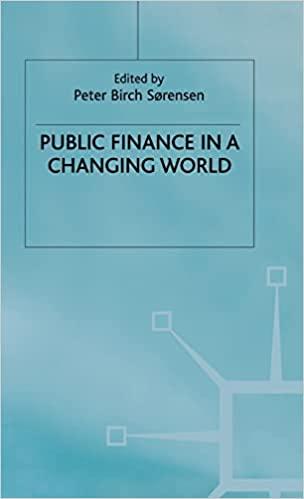Question
You have supported 500,000 amazing projects! Making sure as much money as possible goes towards life-changing projects is incredibly important to us. In fact, its
You have supported 500,000 amazing projects!
Making sure as much money as possible goes towards life-changing projects is incredibly important to us. In fact, its what were here for. For every ticket sold, a hefty slice of the money received goes to a huge variety of projects, both big and small from repairing Scout huts to making Olympic and Paralympic champions. So, every time you play, the UK wins.
Less than 1% of our total revenue is kept as profit after tax and just 4% goes on operating costs. Its how were able to raise, on average, over 30 million a week for National Lottery projects. So far, thats amounted to a whopping 36 billion spread across 500,000 projects averaging 160 for every UK neighborhood.
As has always been the case, the total amount delivered to these projects depends on a number of variable factors. These include the mix of games sold, whether theyre bought in a shop or online, and the level of unclaimed prizes. A year in numbers:
From total ticket sales of 7,595 million in the year ending 31 March 2016:
1,901 million was raised for National Lottery projects
4,198 million was paid to players in prizes
911 million went to the Government in Lottery Duty
333 million was earned by retailers in commission
Decisions on how and where funding is invested are made by 12 specialist organizations. These are chosen by Parliament for their knowledge and expertise to help ensure the money goes exactly where its needed. In the year ending 31 March 2016, the funds were shared as follows:
Health, education, environment and charitable causes 40%
Sport 20%
Arts 20%
Heritage 20%
It turns out a staggering 70% of the UK's over 18s take part in the national lottery on a regular basis, which is close to 45 million people. On top of that at least 50% of the overall population do more than once a month, and on average they buy a minimum of 3 tickets each week.
The demographic of lottery participants is far broader than one might expect. For starters, it is an even split between men and women, at least in the United Kingdom.
Of 18 to 25-year-olds, roughly one sixth of this age range does the lottery at least once a month. Between the ages of 25 and 34 around one-third buy a ticket, while half of over 35s partake in a lottery draw at some point during any given month.
Studies have shown that if you are the upper and middle class, you are less likely to partake in a lotto draw than someone who is working class. And finally people on benefits are 4% more likely to buy a ticket than those who are not.
Is the UKs national lottery unjust?
Explain how each of the following theories could be applied to answer this question:
(1).Rawls theory of justice
(2).Nozicks theory of justice
Step by Step Solution
There are 3 Steps involved in it
Step: 1

Get Instant Access to Expert-Tailored Solutions
See step-by-step solutions with expert insights and AI powered tools for academic success
Step: 2

Step: 3

Ace Your Homework with AI
Get the answers you need in no time with our AI-driven, step-by-step assistance
Get Started


